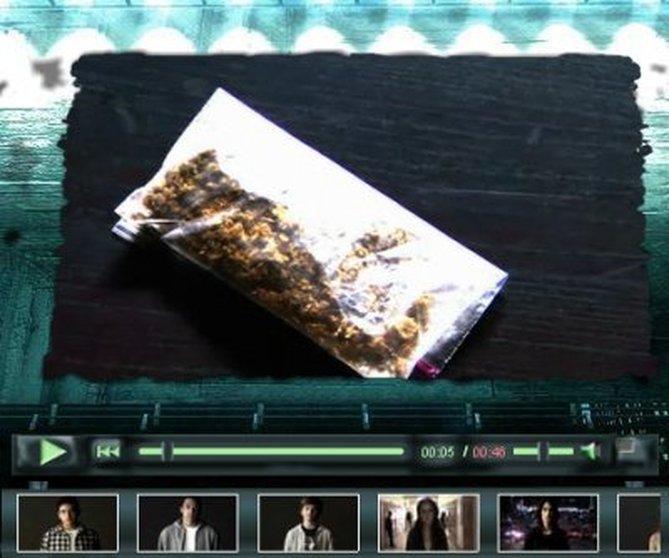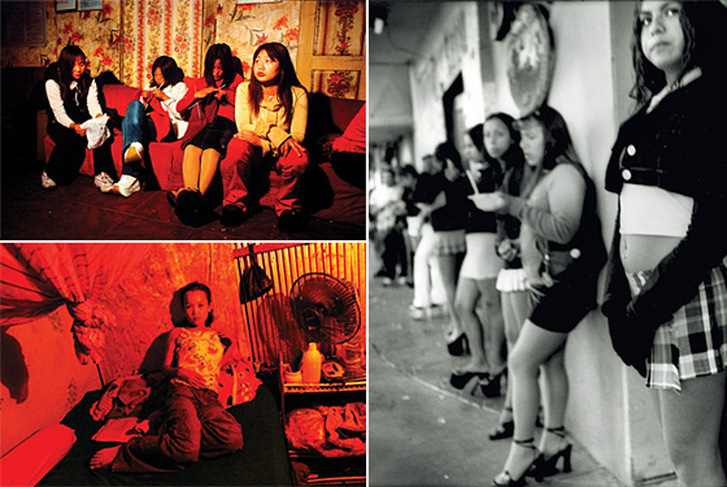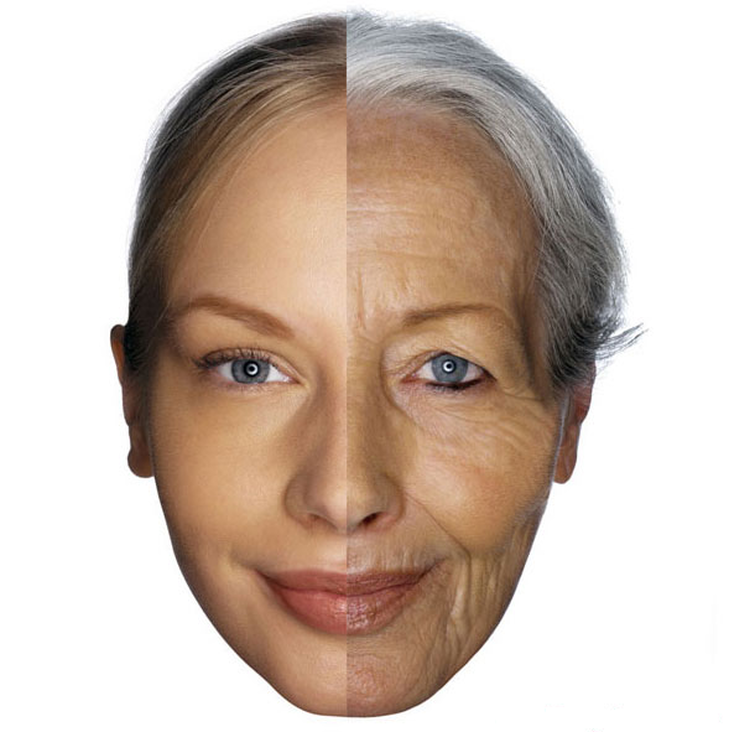Alcohol, legal and illegal drugs, and other addictive substances were the focus of discussion for this week. For this blog assignment, you are expected to answer four questions after watching three segments from the documentary "The Truth About Drugs" created by the Foundation for a Drug-Free World. The video segments and questions for the blog assignment are posted below for your kind information. The purpose of this blog assignment is to understand the influence of media in addressing social problems and issues such as alcohol or drug abuse.
Please watch BOTH of these segments:
***Your response (blog post) to this blog above is required by Tuesday, November 22, 2011 at 11:59 p.m.***
Please watch BOTH of these segments:
- The Truth About Drugs: Intro.
- The Truth About Drugs: The Final Word
- The Truth About Marijuana
- The Truth About Alcohol
- The Truth About Ecstasy
- The Truth About Crack
- The Truth About Crystal Meth
- The Truth About Cocaine
- The Truth About Inhalants
- The Truth About Heroin
- The Truth About LSD
- The Truth About Prescription Drugs
- The Truth About Painkillers
- In addition to the intro. and conclusion segments, which segment did you choose to watch and why?
- What do you think the message(s) or purpose (positive and/or negative) of these segments was?
- Do you think the message(s) and/or purpose was/were delivered effectively? If so, how so? If not, why not?
- What potential influence or impact (positive and/or negative) might these segments have on the audience?
***Your response (blog post) to this blog above is required by Tuesday, November 22, 2011 at 11:59 p.m.***



 RSS Feed
RSS Feed